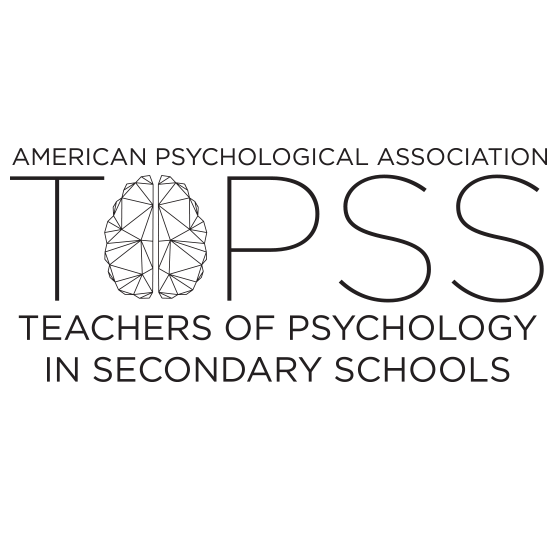When it comes to all my courses, I am a huge fan of students figuring out what they know and what they do not know. Most of my students come to my class not knowing this meta-cognitive process so I attempt to aid them in learning how to do this.
Some key questions in metacognition in learning are:
(from McTighe and Wiggins [2013] in
Essential Questions: Opening Doors to Student Understanding)
- What do I know and what do I need to know?
- Where should I start? When should I change course? How will I know when I am done?
- What's working? What's not? What adjustments should I make?
- Is there a more efficient way to do this? Is there a more effective way to do this? How should I balance efficiency and effectiveness?
- How will I know when I am done?
- What should I do when I get stuck?
- How can I overcome my fear of making mistakes?
- What have I learned? What insights have I gained?
- How can I improve my performance?
- What will I do differently next time?
The first part is when we examine, in class, the most missed exam questions from the most recent exam. I either create a handout or project them onto the screen. We go over the questions examining:

- what kind of question it was (definitional, conceptual, application, or analysis)
- what vocabulary and non-vocabulary words in the stem and options were difficult
- examining the WHY of the correct answer (often making subtle distinctions between the correct answer and the next most correct answer)
I also offer "test corrections." This is a process where a student must come in before or after school to examine which questions they missed and fix them. This is a
link to the form I am currently using. The form asks "why did I miss this question?"
- I did not understand what the question was asking.
- One or more words were new to me.
- I did not have the vocabulary term(s) in my notes
- I did not ask a question about this topic in class.
- Other:
In reviewing for the Advanced Placement Psych Exam, I give them an outline of the college board's course description (
linked here) posted on
my web page of documents for teachers of psych and soc.
I give them the outline and ask them to use a notation to identify which concepts and ideas they:
- know well
- kind of know
- say to themselves, "huh?"
We use that as a beginning of a self-diagnostic of whether or not they know the material to use as a guide for their own studying.
I also use the released exams in the same way. As the students become practiced in this series of steps, their self-reflections become more sophisticated and their understanding of the concepts becomes reinforced. This also increases the quality of their study habits for those who avail themselves of this option.
We use all these materials as fodder for review when I host the Saturday and Sunday review sessions in my classroom the month leading up to the exam.
posted by Chuck Schallhorn




